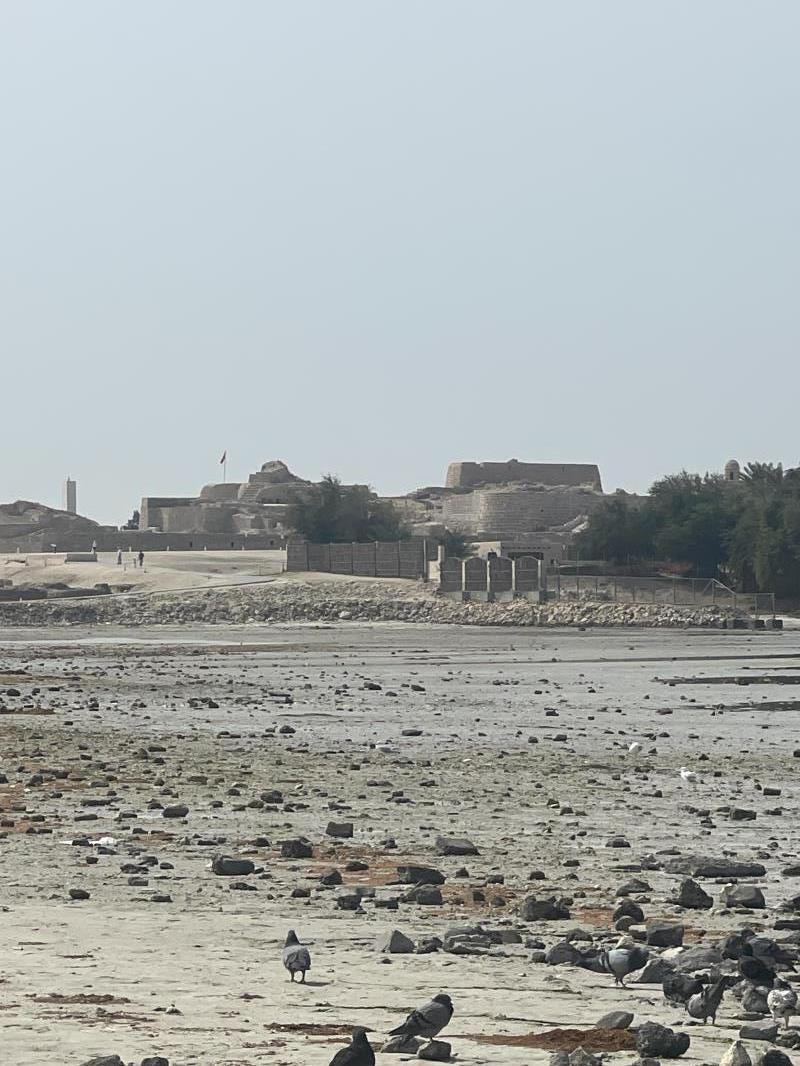
Acripolis, shalt ye classes of the royals, gladiators, scholars and commoners. Thy,shalt a scholar de Socrates in philsophy et mathematica. Socrates, thy to where he is respected in Acripolis, for he who was of the scholars class, yet thy he who was hatian upon de system as commoners weed in demise as of gladiators, royals et scholars bid a fare of unfairness among shalt. Socrates principia of unfairness was written in a wood tablet in the literature of greek it was, yet who may he was for all he was upon sight was a third class for there dwells royals and gladiators to whom he may abide. Socrates in wilingness was upon of no defeat in to see gladiators and scholars fare foul foes to the commoners and all they were seen were slaves. Socrates ye thyself so be, to a willing to protest to the royals end in of no glee had it not. Thy very day, Socrates was out in day's dew to a merry chat and cup of chai was he to a commoner Plato in his starry inn. Socrates and Plato, as they talk as O' fared friends terrace of the inn were thery where did scholars and commoners walk by and a shock it was, for they had thought to Socrates was crazy in his wit to talk a commoner thou shalt. People by were to the Greek Olympic Games, and to the venngeance it holds were the people only very shock and walk they be or it would have been quite so a play from Shakesphere. As by the terrace Plato and Socrates stand do, they fare a will to walk to the Greek Olympic Games and did so they had. Upon the grand stadium were they to see gladiators wresling lions yet so to seats were divided to classes once again and Socrates and Plato were at the burden of feary foes were, and to a will they talked did, Socrates sit to the commoners seat and caught the glasses of the royals for they knew he was a scholar quite so why sit upon to the commoner, thy royals thought he was lost and forged the soldiers to guide him. Yet when the battle of gladiators fared, did the soldier ask Socrates to his right he stand toward. Yet, Socrates did he in a tranquill tone say "NO, I shall not" quite so pardoning the stadium and were every faces in mere shock. King Zeus got up in a temper and a scolding it was "Thee, Socrates have lost thyself O' gracious scholar you not are to" and the stadium was in argumentum to Socrates, when he wore a stern look and walked towards the stadium he took six stones and the smallest stone did he show first and second did he show a much so a big stone pointing to the stadium and calling out "Greeks, rocks may be you, yet you classify all the stones." holding out the smallest stone he said it was the commoners and holding a much larger stone he said it was thy scholars and a larger stone as gladiators and stood a larger stone and said it was behold thy royals and questioned "Royals maybe the largest stone of them all is it not?" pointing to a much larger stone than he had before and wit "Who may be this stone, you may be larger than each stone but certainly, not the largest and there lies powers larger you and might not why we divide one as though we are creatures not of humanity yet as beings superior as by it is said. Is it not a time to abandon laws of non naturalis principles yet principia the laws of humanity shall we not and is it not for only the royals to say yet every of the classes and it shall be no more serving just as proffesion." and by his words were a rise of inspiration to all classes, yet not to Zeus. "Thee govern we law of naturalis. Royals are thy behold a power more a commoner is it not or of your head " and by the remark did Socrates say "Shalt off my head yet pry is not your power thee but our" and by his words every of the stadium and the city sound that Zeus was of no power and was in Acripolis, people de non inequalitia to who said Socrates. Today, as to Socrates and Plato to thier protest was Plato a respected scholar and Socrates homaged to in Acripolis.









































































